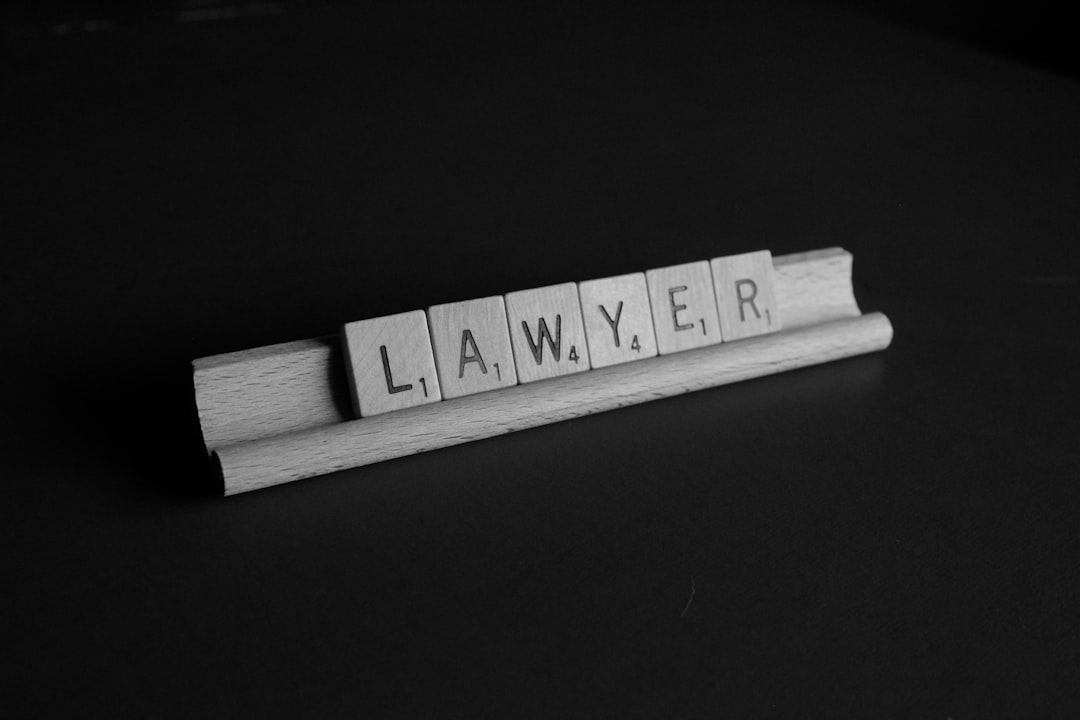The current teacher licensing system in Kansas, managed by the Kansas State Department of Education, has gaps that have contributed to instances of school abuse. Despite initial stringent requirements, there are no mandatory background checks for substitute teachers, allowing unqualified or dangerous individuals to teach. High-profile cases of school abuse highlight the need for reform, including implementing mandatory background checks, rigorous training, and regular professional development, as advocated by a school abuse attorney in Kansas. By addressing these loopholes, Kansas can enhance accountability, reduce student safety risks, improve academic outcomes, and set a national standard for safe teaching practices, thereby reducing the need for school abuse attorneys.
In Kansas, the current state of teacher licensing laws has come under scrutiny due to rising concerns about school abuse. Loopholes in the system have enabled individuals with questionable credentials to teach, leading to detrimental outcomes for students. This article explores the need for reform, delving into the current landscape of teacher licensing, its failings, and the impact on Kansas schools. We propose a comprehensive strategy to enhance accountability, aiming to protect students and ensure quality education by addressing issues that contribute to school abuse. Seek guidance from a school abuse attorney in Kansas to navigate these complex matters.
The Current State of Teacher Licensing in Kansas and Its Loopholes

In Kansas, teacher licensing is managed by the Kansas State Department of Education, which aims to ensure that educators meet certain standards before entering classrooms. However, loopholes in these laws have led to instances of school abuse. Despite stringent initial requirements, there are currently no mandatory background checks for substitute teachers, making it easier for individuals with malicious intent to gain access to vulnerable students. Moreover, the state’s licensing process does not adequately screen for past disciplinary issues or legal troubles, potentially allowing unqualified or dangerous individuals to teach.
These gaps in teacher licensing have contributed to instances of school abuse in Kansas. Without robust background checks and thorough screening, it becomes easier for abusers to disguise their pasts and find positions where they can exploit and harm students. As such, there’s an urgent need for reform that prioritizes the safety of students by implementing stricter regulations, including mandatory background checks for all teachers and substitute staff, to prevent and uncover potential cases of school abuse effectively. A school abuse attorney in Kansas highlights the importance of these reforms in safeguarding children within the education system.
Cases of School Abuse and the Role of Weak Licensing Laws

In recent years, several high-profile cases of school abuse have shaken communities across Kansas, bringing attention to a pressing issue within the education system. These incidents involve various forms of misconduct by educators, from physical harm to emotional abuse, highlighting the urgent need for reform in teacher licensing laws.
Weak or inadequate licensing regulations often play a significant role in enabling such abuses. Gaps in background checks, limited qualifications for certification, and lack of ongoing monitoring can create loopholes that abusive teachers exploit. A school abuse attorney in Kansas might argue that stringent licensing laws, including thorough screening processes, rigorous training requirements, and regular professional development, are crucial steps toward safeguarding students. By holding educational institutions and licensing boards accountable, these reforms aim to prevent future instances of school abuse and foster a safer learning environment for all students.
Reforming Laws: A Comprehensive Strategy to Enhance Accountability

Reforming teacher licensing laws is a comprehensive strategy to enhance accountability and prevent school abuse in Kansas. Currently, loopholes in regulations allow individuals with inappropriate histories to teach, posing risks to students’ safety. A thorough overhaul should include stringent background checks, mandatory reporting of suspicions, and enhanced training on recognizing and reporting abuse.
These reforms aim to create a more transparent and responsible environment by empowering school officials, parents, and even students to play active roles in maintaining a secure learning atmosphere. With the help of dedicated Kansas school abuse attorneys, these changes can be implemented effectively, ensuring that education remains a positive and nurturing experience for all students.
Potential Outcomes and the Impact on Kansas Schools and Students

Reforming teacher licensing laws can significantly impact Kansas schools and students, potentially reducing instances of school abuse. By implementing stricter background checks, enhanced training programs, and more rigorous licensing requirements, the state can ensure that only qualified and trustworthy individuals become educators. This proactive approach would create a safer learning environment, fostering better student outcomes and increased trust in the K-12 education system.
For students, this could mean improved academic performance, better mental health, and greater overall well-being. Kansas schools might experience higher graduation rates, improved teacher retention, and a decline in disciplinary issues stemming from abuse. Furthermore, a reform in licensing laws could attract more ethical candidates, positioning the state as a leader in educational reform and setting a national standard for safe and effective teaching practices. This shift would not only protect students but also enhance the reputation of Kansas schools as institutions committed to their students’ holistic development.





